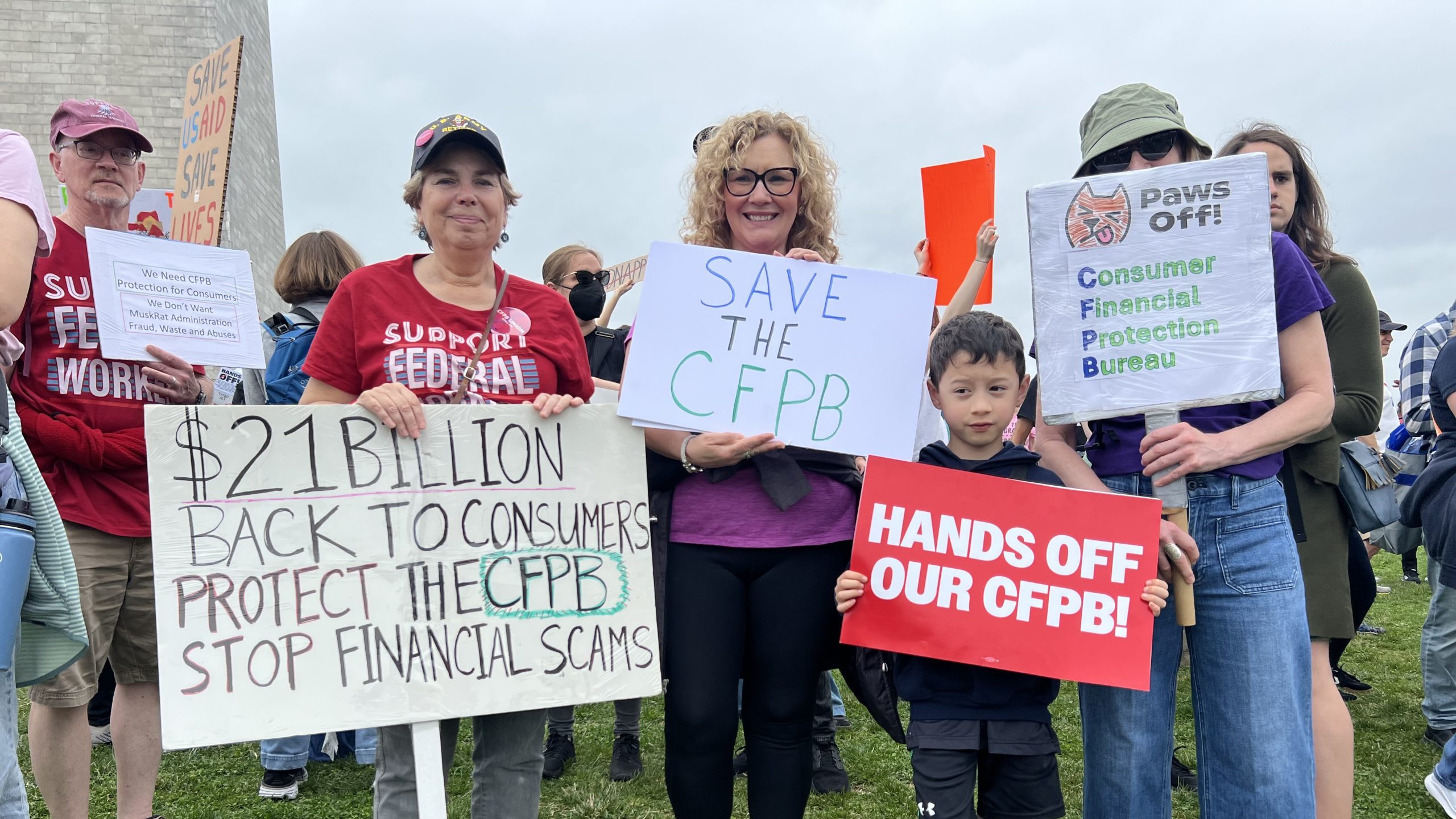-
During the USPS’ Holiday Surge, Thank a Postal Worker
During the holiday season, postal workers move over approximately 15 billion pieces of mail and packages and handle more than 400 million packages every single week. Take a moment to send a note of thanks to postal workers this holiday…
Events
-
AFREF Speaker Series: Are We on the Brink of a 2008-Style Financial Crisis?
We appear to be in the midst of a speculative stock market bubble centered on AI. Does that mean we are about to have a 2008-style financial crisis? Join us for a conversation with Damon Silvers about the moment we are in and the steps that regulators should take to guard against the risk of a catastrophic financial crisis. Mr. Silvers was the Deputy Chair of the Congressional Oversight Panel for the 2008 bank bailout and for many years directed financial markets policy at the AFL-CIO. He brings to bear his experiences with the 2008 crisis as well as the…

The Latest from AFR
-
-
FIRE SALES TO WALL STREET: A Review of Government-Sponsored Residential Note Sales
Growing Wall Street control of single family homes is a contributor to our housing crisis, with mega single-family investors (those who own more than 1,000 homes nationwide) controlling an estimated 446,000 homes as of January 2025. Nationally, the presence of corporate landlords in a community has been associated with raised rents, junk fees, reduced maintenance,
-
AFR in the News
-
Senator Jack Reed: Reed & Ross Intro Bicameral Proposal to Better Protect Consumers & Crack Down on Abusive Practices in the Buy Now, Pay Later Industry
This legislation is endorsed by the National Consumer Law Center (on behalf of its low-income clients), American for Financial Reform, and the Consumer Federation of America.
-
[citation needed]: Issue 98 – The world’s most corrupt crypto startup operation
The signatories include financial reform groups Americans for Financial Reform and Better Markets; consumer advocacy groups Public Citizen, the Center for Economic Justice, and the National Consumers League; advocacy groups Accountable.US, Demand Progress, Democracy for America, Our Revolution, and many local Indivisible groups; environmental groups Greenpeace, the Climate and Community Institute, and a long list…
-
Blockonomi: Senate Crypto Market Structure Bill Hits Roadblock as Consumer Groups and Unions Team Up
Nearly 200 groups have signed a letter expressing concern about the Senate’s version of the crypto market structure bill. The signatories include Better Markets, Public Citizen, Americans for Financial Reform, and the Communications Workers of America.

-
Fact Sheet: CLARITY Act Worse than Last Year’s FIT 21 Crypto Deregulation
From Bad to WorseKey Differences Between Crypto-Backed CLARITY Act and FIT 21 Deregulation Click here for a PDF of this document. This year’s crypto market structure legislation promoted by the industry shares many of the flaws of last year’s crypto legislation, but the deregulatory elements in the Digital Asset Market Clarity Act of 2025 (H.R.












